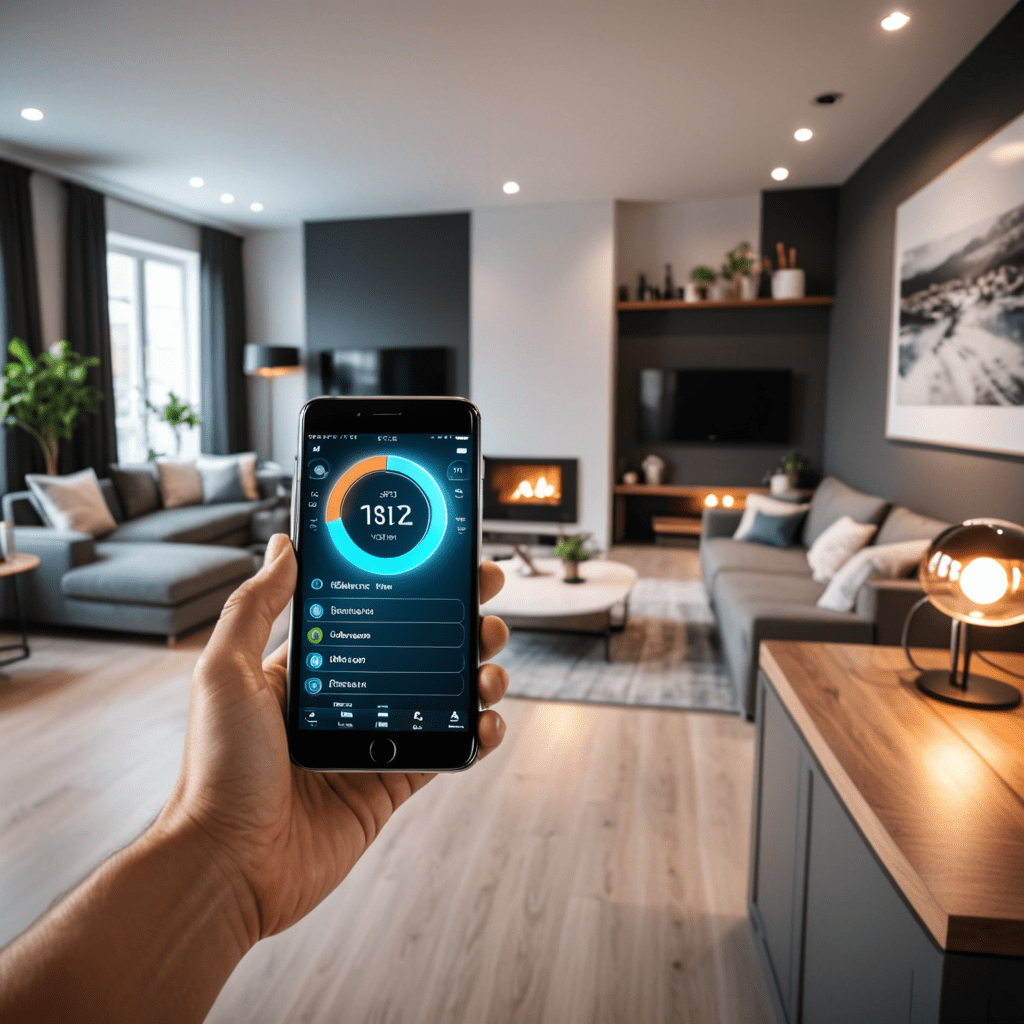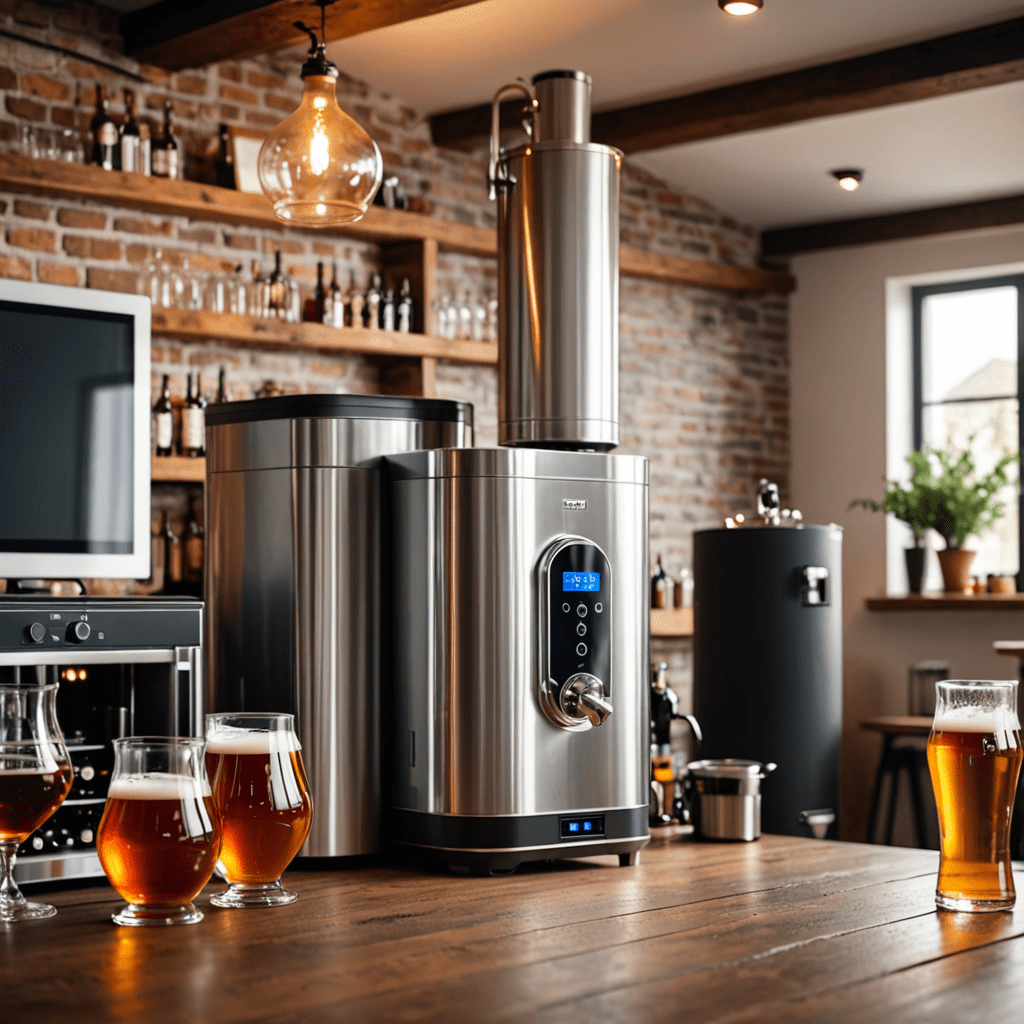
The Future is Here: Smart Home Integration with Smart Cities
In the era of rapid technological advancements, the concept of smart homes integrated into smart cities is becoming a reality. This integration aims to enhance efficiency, sustainability, and the overall quality of life for residents. Let’s delve deeper into this innovative collaboration.
What are Smart Homes and Smart Cities?
Smart homes are residences equipped with devices that can be controlled remotely via a smartphone or other networked devices. They typically feature automated systems for lighting, heating, and security. On the other hand, smart cities leverage data and technology to improve infrastructure, services, and the quality of life for citizens.
The Synergy Between Smart Homes and Smart Cities
By integrating smart homes with smart city initiatives, residents can enjoy increased convenience and energy efficiency. For instance, smart grids can optimize energy consumption based on real-time data, while smart transportation systems can reduce traffic congestion and pollution.
Benefits of Integration
The integration of smart homes with smart cities results in numerous benefits, including enhanced safety and security through connected surveillance systems, improved resource management, such as water and energy conservation, and streamlined communication between residents and city services.
Challenges and Considerations
Despite the array of advantages, the integration of smart homes with smart cities also presents challenges. These may include issues related to data privacy and security, interoperability between various smart devices, and ensuring equitable access to technology for all residents.
Technologies Driving Integration
A variety of technologies drive the seamless integration of smart homes with smart cities, including Internet of Things (IoT) devices, artificial intelligence (AI) for data analytics, and blockchain for secure transactions and data sharing.
The Path Forward
As technology continues to evolve, the integration of smart homes with smart cities is set to revolutionize urban living. By addressing challenges and embracing innovative solutions, cities can pave the way for a more sustainable, efficient, and interconnected future.
FAQ: Smart Home Integration with Smart Cities
What is Smart Home Integration?
Smart Home Integration refers to the connection of various smart devices within a home to create an interconnected network that can be controlled and automated remotely. This technology allows homeowners to manage appliances, security systems, lighting, and more through a central hub or smartphone.
How does Smart Home Integration relate to Smart Cities?
Smart Home Integration plays a crucial role in the development of Smart Cities by extending the concept of connectivity and automation to a larger urban scale. In Smart Cities, various systems such as transportation, energy, and infrastructure are integrated with technology to enhance efficiency, sustainability, and quality of life for residents.
What are the benefits of integrating Smart Homes with Smart Cities?
Integrating Smart Homes with Smart Cities leads to several benefits, including enhanced energy management, improved public safety through interconnected security systems, optimized traffic flow with intelligent transportation systems, and overall increased convenience and quality of life for residents.
How can Smart Home Integration contribute to sustainability in Smart Cities?
Smart Home Integration allows for better energy monitoring and management, promoting energy efficiency and sustainability within Smart Cities. By optimizing energy usage in homes and buildings, overall energy consumption can be reduced, contributing to the city’s environmental goals and sustainability targets.

